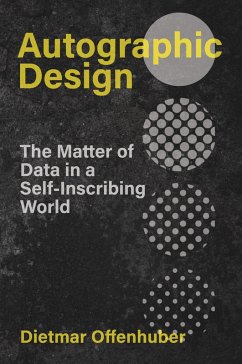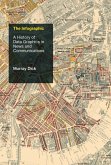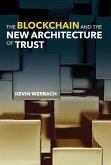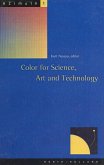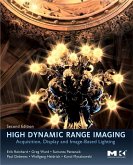An ambitious vision for design based on the premise that data is material, not abstract. Data analysis and visualization are crucial tools in today's society, and digital representations have steadily become the default. Yet, more and more often, we find that citizen scientists, environmental activists, and forensic amateurs are using analog methods to present evidence of pollution, climate change, and the spread of disinformation. In this illuminating book, Dietmar Offenhuber presents a model for these practices, a model to make data generation accountable: autographic design. Autographic refers to the notion that every event inscribes itself in countless ways. Think of a sundial, for example-a perfectly autographic device that displays information on itself. Inspired by such post-digital practices of visualization and evidence construction, Offenhuber describes an approach to visualization based on the premise that data is a material entity rather than an abstract representation. Emerson wrote, "Every act of the man inscribes itself in the memories of his fellows, and in his own manners and face." In Autographic Design, Offenhuber introduces a model for design that emphasizes traces, imprints, and self-inscriptions, turning them into sensory displays. In an age where misinformation is harder and harder to identify, Autographic Design makes an urgent and persuasive case for a different approach that calls attention to the production of data and its connection to the material world.
Dieser Download kann aus rechtlichen Gründen nur mit Rechnungsadresse in A, B, BG, CY, CZ, D, DK, EW, E, FIN, F, GR, HR, H, IRL, I, LT, L, LR, M, NL, PL, P, R, S, SLO, SK ausgeliefert werden.
Hinweis: Dieser Artikel kann nur an eine deutsche Lieferadresse ausgeliefert werden.

